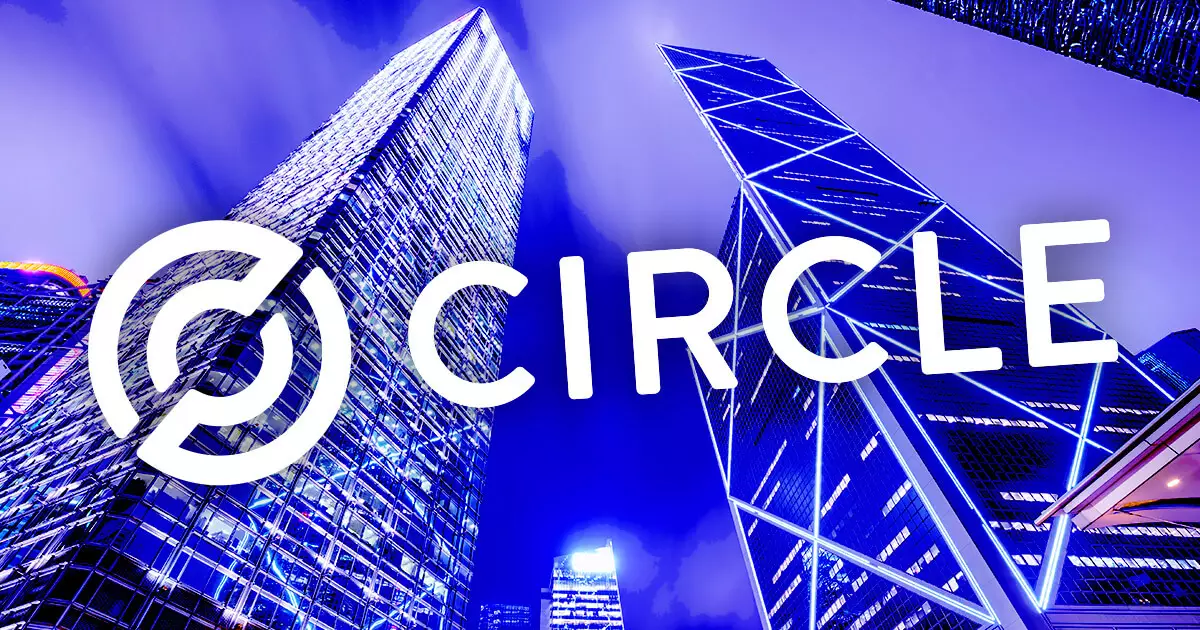The US Securities and Exchange Commission (SEC) has expressed apprehensions over the status of Circle’s stablecoin, USDC, as the company moves forward with plans to go public in a multi-billion dollar initial public offering (IPO). This information was reported by Barron’s on June 18, citing regulatory documents that shed light on the SEC’s concerns regarding the potential classification of USDC and other stablecoins as securities under US law.
This is not the first time that the SEC has raised concerns about Circle’s attempt to go public. In 2021, when Circle tried to go public via a special-purpose acquisition company (SPAC), the SEC had expressed similar worries. The regulatory documents reveal an ongoing dialogue between the SEC’s Division of Corporation Finance and Circle, which has spanned nearly a year. Despite facing significant concerns from the watchdog, Circle has reportedly managed to overcome most obstacles to an IPO. However, it remains uncertain whether the company’s application will be approved by the SEC at this time.
The SEC has specifically requested that Circle disclose the potential risks associated with USDC if it is classified as a security under US law. If USDC were to be considered a security, Circle would be subject to increased costs and regulatory requirements, which could have a significant impact on its business model. Investment companies such as mutual funds are subject to stringent SEC oversight, including regular reporting and operational restrictions, which Circle would need to adhere to if USDC receives a securities designation.
Circle’s first attempt at going public in 2021 through a SPAC merger with Concord Acquisition Corp., valued at $9 billion, was called off in December 2022 due to similar concerns raised by the SEC. Following this, Circle filed confidential IPO paperwork in January in a bid to pursue a traditional IPO route for its second attempt at going public. Despite these efforts, the SEC’s concerns about the classification of USDC as a security have persisted, with detailed disclosures requested by the agency regarding the associated risks.
Should USDC be classified as a security, Circle could face various consequences such as increased operational costs, regulatory requirements, fines, the need to register as a broker-dealer, and accommodating customers to rescind earlier purchases. Moreover, if the SEC designates Circle as an investment company rather than an operating company, the company would be subject to closer SEC oversight, including the filing of regular holdings reports and compliance with limits on operations.
Legal experts have weighed in on the situation, with Todd Phillips, a law professor at Georgia State University, expressing concerns about the potential impact on Circle’s operations if its products are classified as securities. He highlighted that operating under such circumstances could become more expensive for Circle, potentially hindering its ability to continue operations. Additionally, securities attorney Xavier Kowalski emphasized that the SEC is cautious about potential enforcement actions and is keen on addressing any issues during the registration review process to avoid future challenges.
Circle’s journey to going public has been met with regulatory challenges from the SEC regarding the classification of USDC as a security. The company’s ability to navigate these hurdles and secure approval for its IPO remains uncertain, with potential implications on its business model and operations looming large. The outcome of the SEC’s review will ultimately determine the future trajectory of Circle and its foray into the public markets.


Leave a Reply